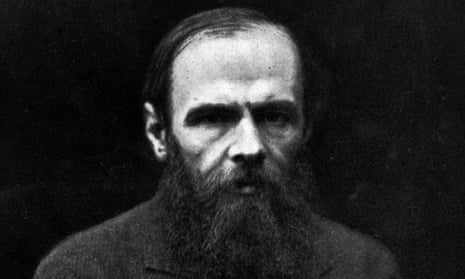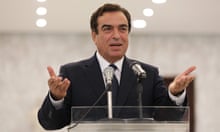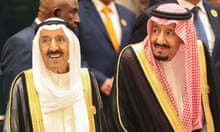Kuwaiti authorities have blacklisted nearly 1,000 books at a literature festival, including one by Fyodor Dostoevsky.
Saad al-Anzi, who heads the Kuwait international literary festival, said the information ministry had banned 948 books including Dostoevsky’s The Brothers Karamazov, a novel set in 19th-century Russia that explores morality, free will and the existence of God.
Dostoevsky joins a growing list of writers banned in the relatively moderate Gulf state, where there is a growing conservative trend in politics and society.
The information ministry has blacklisted more than 4,000 books over the past five years, including Victor Hugo’s The Hunchback of Notre Dame and One Hundred Years of Solitude by Gabriel García Márquez.
All titles on show at the 43rd edition of Kuwait’s book fair, which runs until 24 November, were screened in advance by a censorship committee as per Kuwaiti regulations.
The committee works under a 2006 law on press and publications, which outlines a string of punishable offences for publishers of both literature and journalism. Offences include insulting Islam or Kuwait’s judiciary, threatening national security, “inciting unrest” and committing “immoral” acts.
Activists took to the streets of the capital twice in September to protest against rising censorship.
During the 1970s and 1980s Kuwait was a regional publishing hub, home to the high-brow, pan-Arab cultural journal al-Arabi and a string of popular scientific and literary books.
But in recent years religious conservatives and tribal leaders have gained ground in parliament. Kuwait is the only Gulf state with elected lawmakers.









